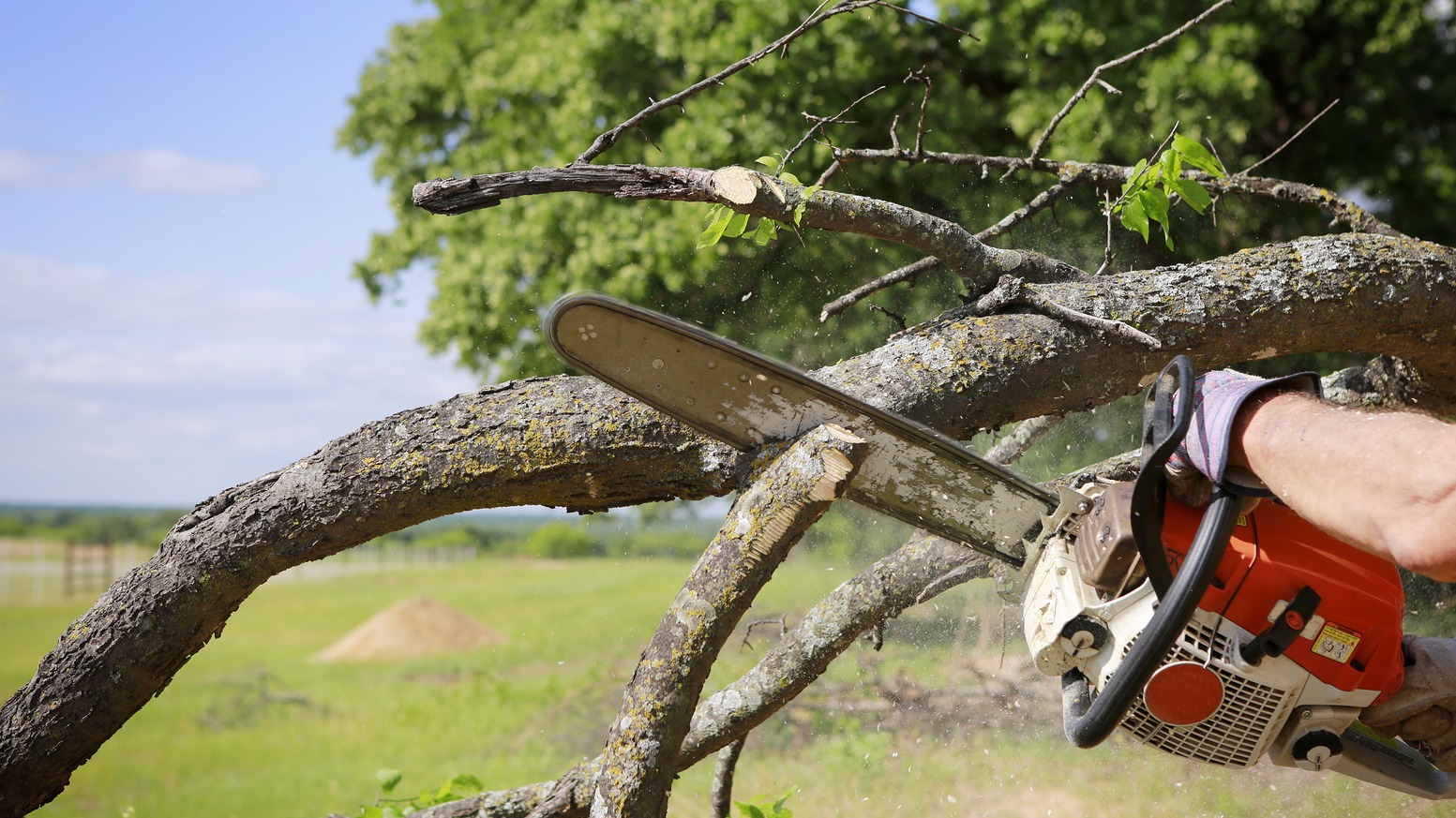Beautiful Outdoor Landscaping For Any Household Budget
Have you ever felt envious of your neighbor's yard? Afterwords, did you try to come up with one excuse or another, as to why you cannot make your home look like that? If you have, yen take the time to read the following article, in order to help make your home look just as good as your neighbor's, if not better.
Before beginning your project, be sure to learn the difference between plants--annuals and perennials, hardiness zones, bulbs and seeds. Also take into account what your yard will look like in each season of the year; don't design just for summer. It's important to know these things so that you can get the most out of your landscaping project.
You should know that prices fluctuate from one season to the other. You should compare prices for the materials you need and wait for the right moment to buy them. Buying in large quantities is also a good way to save money: do not be afraid to stock materials you know you will use later.
When investigating landscaping options for your property for the first time, consider what tasks you will need professionals to complete. Some specialized landscaping tasks require an arborist, landscape architect, or tree limber who can help you with specific landscaping tasks. Although this is more costly than doing it on your own, you have a better chance at a quality job.
When planning your landscaping, include a variety of different plants. This will protect your yard against both diseases and harmful insects. If you only use a few kinds of plants, just one bad incident can leave your yard devastated. Maintaining diversity with your landscaping is very important to the overall health of all of its inhabitants.
Purchase what you need in different stages. It can be very expensive to buy everything at one time. Think about your project, and separate it into several steps. Buy what you need for one step at a time. This will keep you from going into credit debt, allow you to evaluate your project as you go, and help you make changes as necessary.
Plan out what time of the year you are going to buy your supplies in order to save money. For example, lumber does not cost as much in the winter as it does in the summer. You can also find better deals on trees, soil and perennials later in the season when not as many people are buying them.
If you are doing a landscaping project alone, make sure to stop and estimate costs first. Sit down and make a list of everything you will need. Next, figure out where you can get all of the materials. Remember, the costs of these items may differ quite a bit from area to area. Figure out where the best deals are and don't be afraid to ask around for the lowest prices.
Utilize the Internet and mail-order catalogs in order to buy what you need for your landscaping project. Both of these sources are more likely to have rare plants and other products that area stores don't carry. You may also find a good deal, but be careful to pay attention to shipping costs before you purchase.
In your next landscaping endeavor you may want to include a water feature as a focal point. Water features are very appealing, not only for their appearance, but also for the beautiful noises they can make. There are many options, from fountains to faux rivers that will surely enhance your yard's appearance.
If you are a pet owner, and you will be using chemicals to take care of your landscaping needs, be aware of which products you are using. Many of these chemical can make your pet sick, and some could even kill them. If you are unsure of which products are safe, ask the store in which you are purchasing them.
Go beyond simply searching for your products online and in catalogs. Botanical centers or arboretums sometimes sell plants, and there may even be people in your neighborhood who are interested in swapping perennials. Your city might be giving away free mulch or there could be a construction site that is looking for individuals to haul away bricks or stone.
For flowers, or garden beds that you add to your landscape, go for a narrow approach. You will need to weed, and maintain these beds throughout the year. A thinner bed is easier to reach across, and requires less moving around. Remember, to keep them wide enough to prevent plants from overgrowing the boundaries of the bed too quickly.
Now you see that there are some easy things that you can try that will help transform the way your home looks. By following the tips that were just presented to you, you will have your neighbors turning their eyes on your home and wishing that theirs could look as good as yours.

